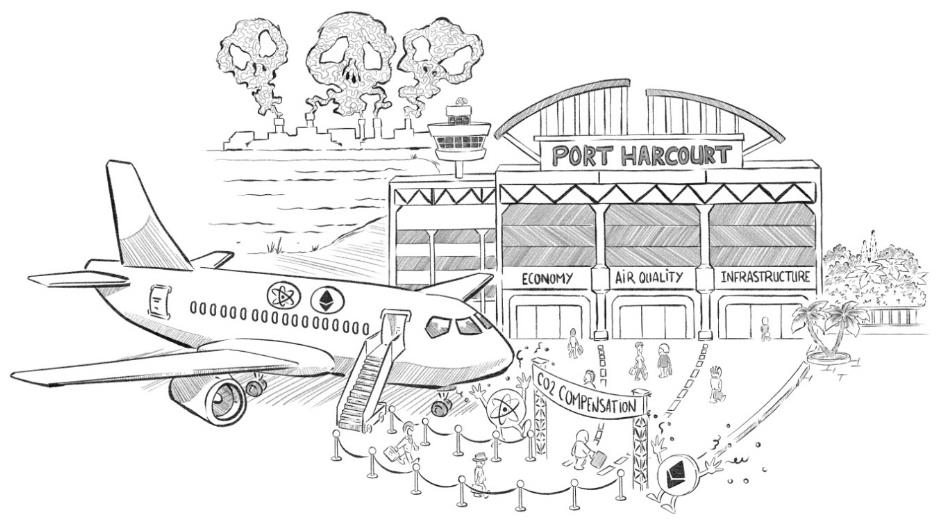To what extent the recent discussions about a massive deployment of offshore wind turbines in the North Sea illustrate the potential of the game theory to mitigate the costs of missed opportunities?
The Declaration of Ostend expresses the interest of nine countries of the North Sea region to collaborate on the installation of 300GW of wind turbine capacities by 2050. It happens fourteen years after a similar statement of purpose, the North Seas Countries’ Offshore Grid Initiative (NSCOGI), was signed by the same countries, except Sweden, in 2009.
In 2016, the costs of offshore wind turbines, without counting connection costs, had already decreased sharply, reaching 35€/MWh for some projects in this area. This was progressively turning this industrial sector into a profitable one without subsidies. It’s then interesting to understand why the Ostend Declaration is signed today, and why the NSCOGI has failed to some extent.
In 2017, I was studying the reasons for the failure of the NSCOGI, in a document available here. Those reasons were mostly related to the discrepancies between the geopolitical and the industrial positioning of each country involved. Those reasons were in connection with the economic impact of maintaining the control over their electric production. The result was a low motivation of those countries to cooperate in the design of this grid.
In the same document, I was also listing the massive costs resulting from the failure of the NSCOGI and the fact that Europe was not benefiting from the following opportunities:
- To improve the European Union energy security and economic competitiveness
- To tackle the energy poverty of the population
- To reduce the CO2 emissions from the European power generation
- For manufacturers to optimize the design of the network of wind farms and to lower the impact of the intermittency of those turbines on the European grid
Since then, the issue of the energy dependency of Europe became an obvious incentive for those countries to collaborate. The economic losses due to the increasing energy scarcity, and thus due the increasing energy prices, are higher than before, and make them change their strategic position regarding this grid.
So now, what has the Game Theory to do with wind turbines? The Game Theory expresses the idea that the optimal situation for all players frequently can’t be reached naturally due to individual behaviours. It means that it allows us to analyse the cost of missed opportunities, and then to adapt strategic decisions.
Such modelling was capable of anticipating the switch in the strategies of those countries. It would have showed that the equilibrium of the game was going to turn in favour of more collaboration in order to reach the highest economic benefits for all. It could have provided significant arguments and insights not to lose years of project development.
Today this failure participates in the impoverishment of the European population and in the shrinking of its industry. Europe might need years to recover from those losses. Public policies do require anticipation.
Economic modelling is an adequate tool to mitigate costs of many missed opportunities, especially when anticipation becomes crucial in the context of the increasing scarcity of our resources.
Don’t hesitate to contact me if you require economic modelling skills for your strategic decisions, I will be glad to furnish tailor-made models.




